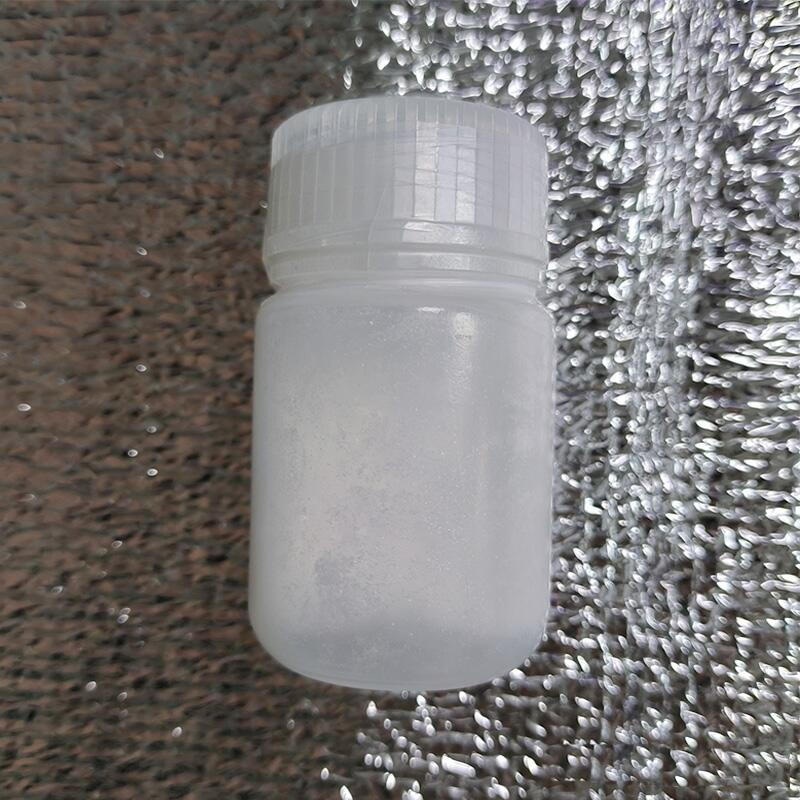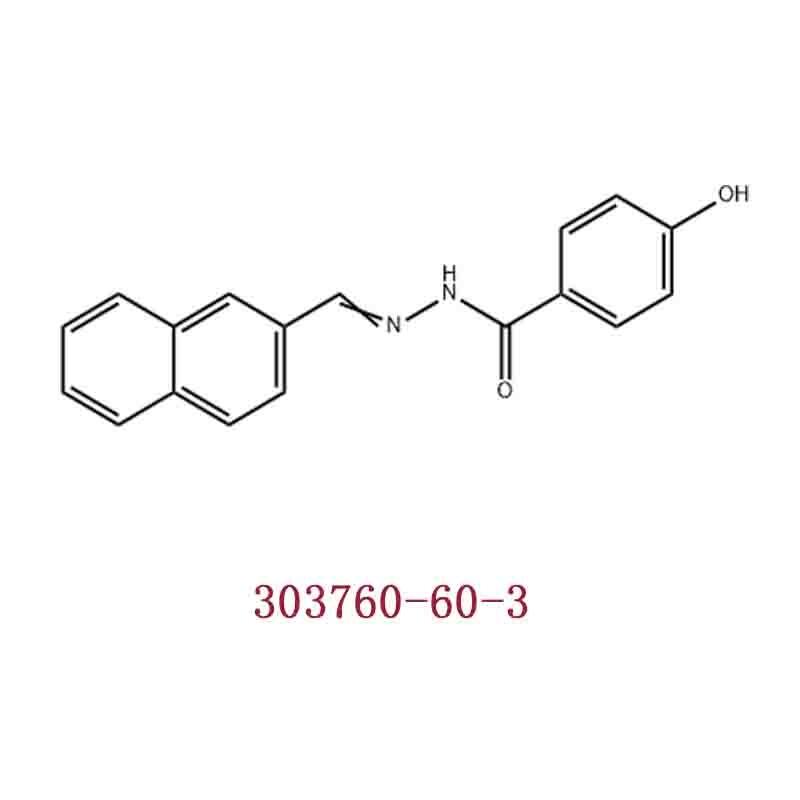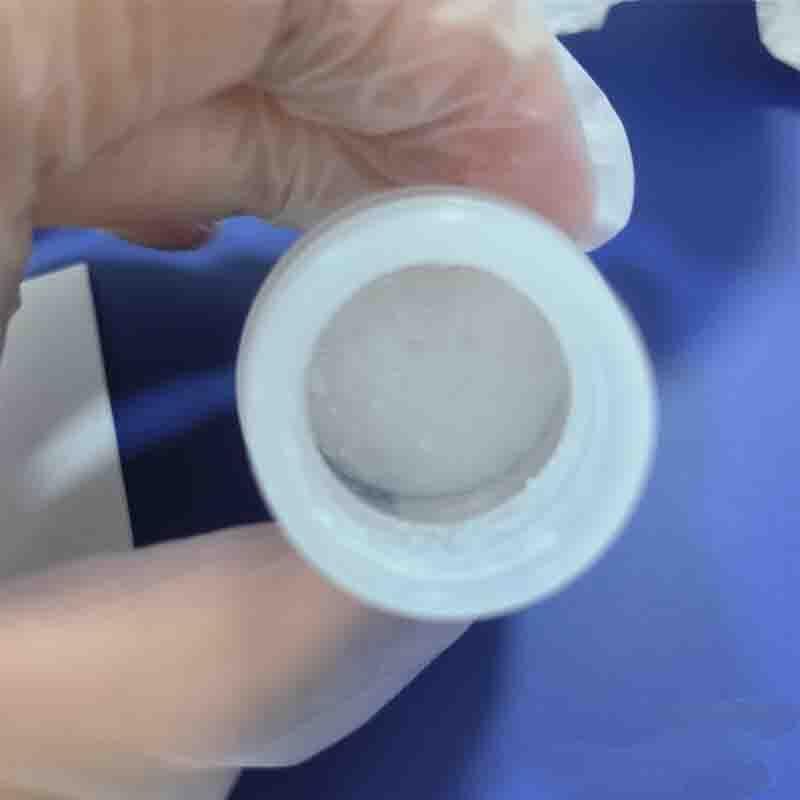-
Categories
-
Pharmaceutical Intermediates
-
Active Pharmaceutical Ingredients
-
Food Additives
- Industrial Coatings
- Agrochemicals
- Dyes and Pigments
- Surfactant
- Flavors and Fragrances
- Chemical Reagents
- Catalyst and Auxiliary
- Natural Products
- Inorganic Chemistry
-
Organic Chemistry
-
Biochemical Engineering
- Analytical Chemistry
-
Cosmetic Ingredient
- Water Treatment Chemical
-
Pharmaceutical Intermediates
Promotion
ECHEMI Mall
Wholesale
Weekly Price
Exhibition
News
-
Trade Service
Introduction In October 2021, the European Crohn’s Disease and Colitis Organization (ECCO) issued guidelines for the treatment of ulcerative colitis (UC)
.
This article mainly provides guidance and suggestions for drug treatment
.
2021 ECCO Guidelines: Drug Therapy for UC 1.
Drug Therapy for Mild to Moderately Active UC 1.
Remission induction therapy Recommendation 1: Recommended use of 5-aminosalicylic acid (5-ASA) at a dose of ≥2 g/d To induce remission in patients with mild to moderately active UC (strong recommendation; low quality of evidence)
.
Recommendation 2: It is recommended to use 5-ASA locally (rectally) at a dose of ≥1 g/d to induce remission of active distal colitis (strong recommendation; low quality of evidence)
.
Recommendation 3: For the induction of remission in adult patients with active UC who have at least rectal and sigmoid disease, it is recommended that oral 5-ASA (≥2 g/d) combined with topical (rectal) 5-ASA is better than oral 5-ASA monotherapy ( Weak recommendation; very low quality of evidence)
.
Recommendation 4: Topical (rectal) steroids are recommended to induce remission in patients with active distal colitis (strong recommendation; very low quality of evidence)
.
Recommendation 5: For the induction of remission in patients with active distal UC, topical (rectal) 5-ASA therapy is recommended over topical (rectal) steroid therapy (weak recommendation; very low quality of evidence)
.
Recommendation 6: It is recommended to use colon-released corticosteroids to induce remission in patients with active mild to moderate UC (weak recommendation; low quality of evidence)
.
Recommendation 7: It is not recommended to use thiopurine monotherapy to induce remission in patients with active UC (weak recommendation; very low quality of evidence)
.
2.
Maintenance remission treatment recommendation 8: It is recommended to use oral 5-ASA at a dose ≥ 2 g/d to maintain remission in UC patients (strong recommendation; very low quality of evidence)
.
Recommendation 9: It is recommended to use topical (rectal) 5-ASA to maintain remission in patients with distal UC (weak recommendation; very low quality of evidence)
.
Recommendation 10: For patients with steroid-dependent UC or intolerance to 5-ASA, thiopurine monotherapy is recommended to maintain remission (strong recommendation; moderate quality of evidence)
.
2.
Drug therapy for moderate to severely active UC 1.
Remission induction therapy Recommendation 11: Oral prednisolone is recommended to induce remission in ambulatory patients with moderate to severe active UC (strong recommendation; very low quality of evidence) )
.
Recommendation 12: For moderate to severe UC patients who do not respond well or intolerant to conventional treatments, it is recommended to use anti-tumor necrosis factor (TNF) drugs (infliximab, adalimumab, and golimumab) for induction Remission (strong recommendation; moderate quality of evidence)
.
Recommendation 13: For moderately to severely active UC patients who do not respond well or intolerant to conventional treatment, we recommend the use of vedelizumab to induce remission (strong recommendation; low quality of evidence)
.
Recommendation 14: For patients with moderate to severe UC who do not respond well or intolerant to conventional treatment, tofacitinib is recommended to induce remission (strong recommendation; moderate quality of evidence)
.
Recommendation 15: For moderately to severely active UC patients who do not respond well or intolerant to conventional treatment, we recommend the use of ulinumumab to induce remission (strong recommendation; moderate quality of evidence)
.
2.
Remission maintenance treatment recommendation 16: It is recommended that anti-TNF drugs (infliximab, adalimumab or golimumab) be used for maintenance remission treatment of UC patients who respond to the same drug induction therapy (strong recommendation; The evidence is of high quality)
.
Recommendation 17: In UC patients who have lost response to anti-TNF drugs, there is currently insufficient evidence to recommend or oppose the use of therapeutic drug monitoring to improve clinical outcomes
.
Recommendation 18: It is recommended to use vedelizumab to maintain remission in patients with UC who are effective in veldrizumab induction therapy (strong recommendation; moderate quality of evidence)
.
Recommendation 19: It is recommended to use vedelizumab instead of adalimumab to induce and maintain remission in patients with moderately to severely active UC (weak recommendation; low level of evidence)
.
Recommendation 20: Tofacitinib is recommended to maintain remission in patients with UC who are effective in tofacitinib induction therapy (strong recommendation; moderate quality of evidence)
.
Recommendation 21: It is recommended to use usnumumab to maintain remission in UC patients whose induction therapy is effective (strong recommendation; moderate quality of evidence)
.
Reference: Raine T, Bonovas S, Burisch J, et al.
ECCO Guidelines on Therapeutics in Ulcerative Colitis: Medical Treatment[J].
J Crohns Colitis.
2021 Oct 12:jjab178.
doi: 10.
1093/ecco-jcc/jjab178.
.
This article mainly provides guidance and suggestions for drug treatment
.
2021 ECCO Guidelines: Drug Therapy for UC 1.
Drug Therapy for Mild to Moderately Active UC 1.
Remission induction therapy Recommendation 1: Recommended use of 5-aminosalicylic acid (5-ASA) at a dose of ≥2 g/d To induce remission in patients with mild to moderately active UC (strong recommendation; low quality of evidence)
.
Recommendation 2: It is recommended to use 5-ASA locally (rectally) at a dose of ≥1 g/d to induce remission of active distal colitis (strong recommendation; low quality of evidence)
.
Recommendation 3: For the induction of remission in adult patients with active UC who have at least rectal and sigmoid disease, it is recommended that oral 5-ASA (≥2 g/d) combined with topical (rectal) 5-ASA is better than oral 5-ASA monotherapy ( Weak recommendation; very low quality of evidence)
.
Recommendation 4: Topical (rectal) steroids are recommended to induce remission in patients with active distal colitis (strong recommendation; very low quality of evidence)
.
Recommendation 5: For the induction of remission in patients with active distal UC, topical (rectal) 5-ASA therapy is recommended over topical (rectal) steroid therapy (weak recommendation; very low quality of evidence)
.
Recommendation 6: It is recommended to use colon-released corticosteroids to induce remission in patients with active mild to moderate UC (weak recommendation; low quality of evidence)
.
Recommendation 7: It is not recommended to use thiopurine monotherapy to induce remission in patients with active UC (weak recommendation; very low quality of evidence)
.
2.
Maintenance remission treatment recommendation 8: It is recommended to use oral 5-ASA at a dose ≥ 2 g/d to maintain remission in UC patients (strong recommendation; very low quality of evidence)
.
Recommendation 9: It is recommended to use topical (rectal) 5-ASA to maintain remission in patients with distal UC (weak recommendation; very low quality of evidence)
.
Recommendation 10: For patients with steroid-dependent UC or intolerance to 5-ASA, thiopurine monotherapy is recommended to maintain remission (strong recommendation; moderate quality of evidence)
.
2.
Drug therapy for moderate to severely active UC 1.
Remission induction therapy Recommendation 11: Oral prednisolone is recommended to induce remission in ambulatory patients with moderate to severe active UC (strong recommendation; very low quality of evidence) )
.
Recommendation 12: For moderate to severe UC patients who do not respond well or intolerant to conventional treatments, it is recommended to use anti-tumor necrosis factor (TNF) drugs (infliximab, adalimumab, and golimumab) for induction Remission (strong recommendation; moderate quality of evidence)
.
Recommendation 13: For moderately to severely active UC patients who do not respond well or intolerant to conventional treatment, we recommend the use of vedelizumab to induce remission (strong recommendation; low quality of evidence)
.
Recommendation 14: For patients with moderate to severe UC who do not respond well or intolerant to conventional treatment, tofacitinib is recommended to induce remission (strong recommendation; moderate quality of evidence)
.
Recommendation 15: For moderately to severely active UC patients who do not respond well or intolerant to conventional treatment, we recommend the use of ulinumumab to induce remission (strong recommendation; moderate quality of evidence)
.
2.
Remission maintenance treatment recommendation 16: It is recommended that anti-TNF drugs (infliximab, adalimumab or golimumab) be used for maintenance remission treatment of UC patients who respond to the same drug induction therapy (strong recommendation; The evidence is of high quality)
.
Recommendation 17: In UC patients who have lost response to anti-TNF drugs, there is currently insufficient evidence to recommend or oppose the use of therapeutic drug monitoring to improve clinical outcomes
.
Recommendation 18: It is recommended to use vedelizumab to maintain remission in patients with UC who are effective in veldrizumab induction therapy (strong recommendation; moderate quality of evidence)
.
Recommendation 19: It is recommended to use vedelizumab instead of adalimumab to induce and maintain remission in patients with moderately to severely active UC (weak recommendation; low level of evidence)
.
Recommendation 20: Tofacitinib is recommended to maintain remission in patients with UC who are effective in tofacitinib induction therapy (strong recommendation; moderate quality of evidence)
.
Recommendation 21: It is recommended to use usnumumab to maintain remission in UC patients whose induction therapy is effective (strong recommendation; moderate quality of evidence)
.
Reference: Raine T, Bonovas S, Burisch J, et al.
ECCO Guidelines on Therapeutics in Ulcerative Colitis: Medical Treatment[J].
J Crohns Colitis.
2021 Oct 12:jjab178.
doi: 10.
1093/ecco-jcc/jjab178.







